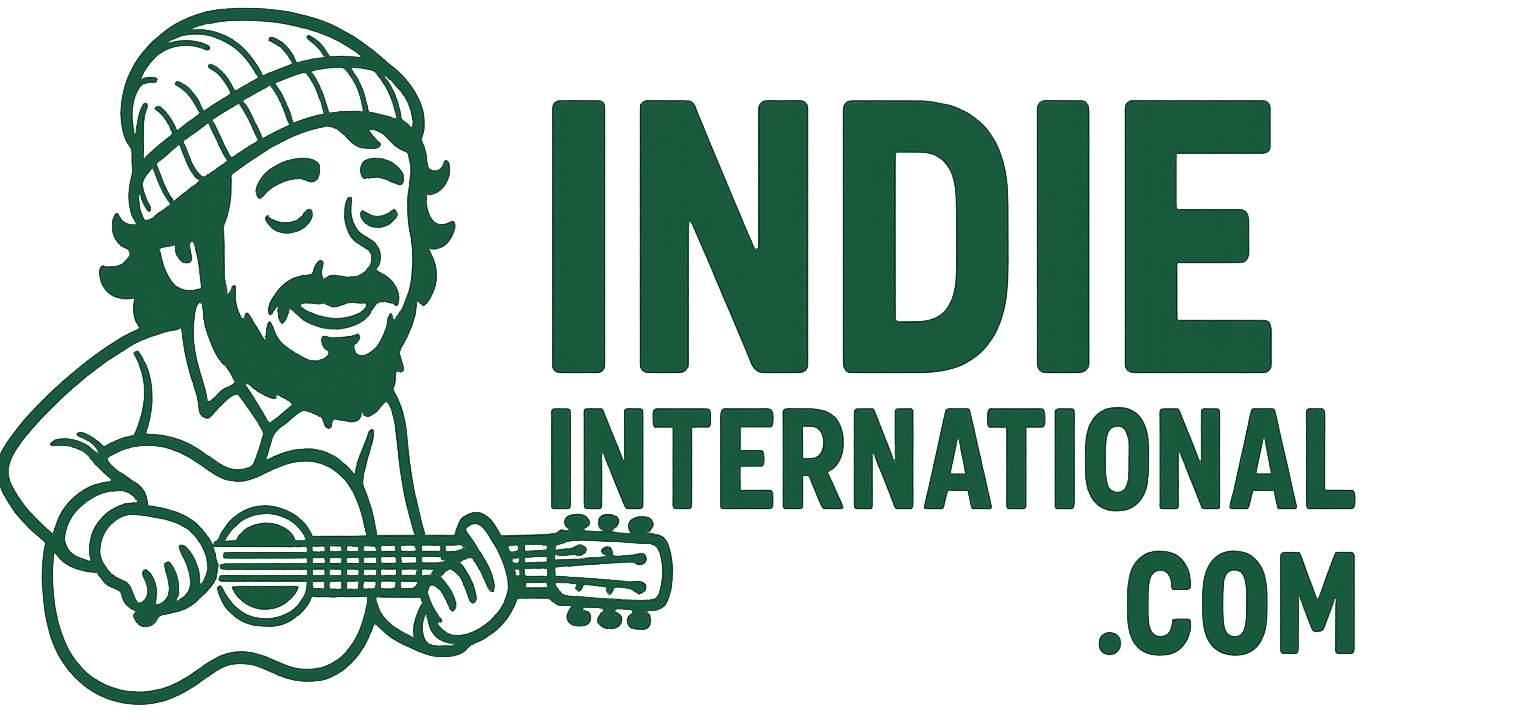I’ve always believed that music is the one universal language that truly transcends words. Even so, I had never imagined myself trying to write a song in a language I don’t speak. It started as a curiosity, almost a dare to myself, and quickly turned into one of the most challenging, humbling, and surprisingly rewarding experiences of my songwriting life.
The process forced me to re-think my approach to lyrics, melodies, and even emotional expression. I learned that writing in an unfamiliar tongue is far more than just a translation exercise, it’s an immersion into a whole new cultural and artistic landscape. And while I made more than my fair share of mistakes, those missteps often led to creative breakthroughs.
The Spark That Lit the Idea
My inspiration came from hearing a haunting folk song from a country I had never visited. I didn’t understand a single word, yet I felt the raw emotion in every note. It hit me that so much of a song’s power isn’t dependent on lyrical comprehension but rather on how melody, rhythm, and sound shape an emotional experience.
That made me wonder, what would happen if I tried writing a song in that language? Would my unfamiliarity lead to awkward, clumsy lines? Or could it open a fresh, unfiltered channel of creativity because I wasn’t tied to my habitual patterns of thinking in my native tongue?
Doing My Homework Without Over-Researching
Before diving into lyric writing, I listened to hours of music in that language. Not just songs, but interviews, poetry readings, and casual conversations. I wanted to hear how the syllables flowed, how certain vowel sounds lingered, and how consonants punched through the rhythm.
I avoided overloading myself with formal grammar lessons. My goal wasn’t to become fluent overnight but to develop an ear for musicality. I also picked up a small vocabulary list of common poetic and emotional words, love, hope, memory, dream, night, sky, heart, so I could begin piecing together phrases without constantly reaching for a dictionary.
Finding a Co-Pilot
One of the smartest decisions I made was collaborating with a native speaker. They weren’t a songwriter themselves, but they understood the soul of the language. They helped me avoid embarrassing mistranslations, like accidentally turning “longing for your touch” into “longing for your potato.” They also guided me on subtle nuances, like how some words were romantic in certain contexts but overly formal or even comedic in others.
Working with someone who respected both the music and the language meant my song could feel authentic rather than like a gimmick.
Melody Comes First
When writing a song in a language I don’t speak, I found it easier to start with melody before finalizing the lyrics. The reason is simple, melody has its own natural flow, and trying to cram foreign words into it without adjustment often sounds forced.
I would hum nonsense syllables over the chords, letting my mouth naturally form shapes that felt right with the rhythm. Later, I’d replace those syllables with actual words from my growing vocabulary, tweaking them until the phrasing sounded smooth and natural.
Wrestling With Syllables
One challenge I didn’t expect was how certain languages naturally have longer or shorter words than my own. This meant some lines ballooned awkwardly while others felt too bare. My solution was to treat syllable counts like beats in a measure. If a word had too many syllables, I’d find a poetic synonym with fewer. If it had too few, I’d add a descriptive word that complemented the main idea.
This balancing act was tricky, but it forced me to think of lyrics as rhythm instruments, not just conveyors of meaning.
Mistakes That Became Magic
At one point, I misunderstood a phrase my collaborator suggested. I sang it confidently, thinking it meant “I see the moon.” Later, I learned it actually meant something closer to “I watch the shadow.” I was about to change it when I realized it gave the song a completely different, and unexpectedly beautiful, metaphor. That “mistake” stayed in the final version.
Sometimes, not fully grasping a language gives you space for happy accidents. You’re free from overthinking and can stumble into poetic imagery you wouldn’t have considered otherwise.
Respecting Cultural Context
Writing in another language isn’t just about mastering words, it’s about understanding the cultural weight behind them. A term of endearment in one culture might feel too intimate or even disrespectful in another. I learned to ask questions, listen to stories, and read translated poetry to get a feel for how emotions are expressed differently.
This step made me realize that songwriting is as much anthropology as it is art. Without cultural sensitivity, even the most beautiful lyric risks feeling hollow or inappropriate.
Recording the Demo
Recording was both thrilling and nerve-wracking. I practiced pronunciation relentlessly, often breaking down words syllable by syllable. My collaborator sat in the studio with me, gently correcting my emphasis or vowel shapes. The process was humbling, I’d thought I was nailing the delivery until I heard the playback and realized I had stressed the wrong syllable in a key word.
But in the end, that extra effort paid off. When I played the demo for native speakers, they were surprised I wasn’t fluent. That was one of the most satisfying compliments I could have received.
The Emotional Payoff
Writing a song in a language I don’t speak reminded me that music’s heart beats beyond vocabulary. Struggling with unfamiliar sounds and syntax made me focus on emotion first and words second. In some ways, the language barrier deepened my emotional connection to the song because I had to rely so much on feeling rather than habit.
It also expanded my songwriting toolbox. I now think differently about rhythm, vowel sounds, and melodic phrasing, even when I’m writing in my native language.
Would I Do It Again?
Absolutely. In fact, I’ve already started experimenting with another language. The process is addictive, not because it’s easy, but because it’s the opposite. It challenges every comfort zone I’ve built as a songwriter. And every time I push past the frustration, I discover something new about how music connects us, no matter the words we use.
If you’ve ever considered taking on a project like this, I can say without hesitation that it’s worth it. You’ll make mistakes, laugh at yourself, and maybe even write a few questionable lines. But you’ll also tap into a deeper truth: the beauty of a song often lies in the spaces where understanding meets mystery. And sometimes, the most powerful music comes from the words we don’t fully know, but still somehow feel.

